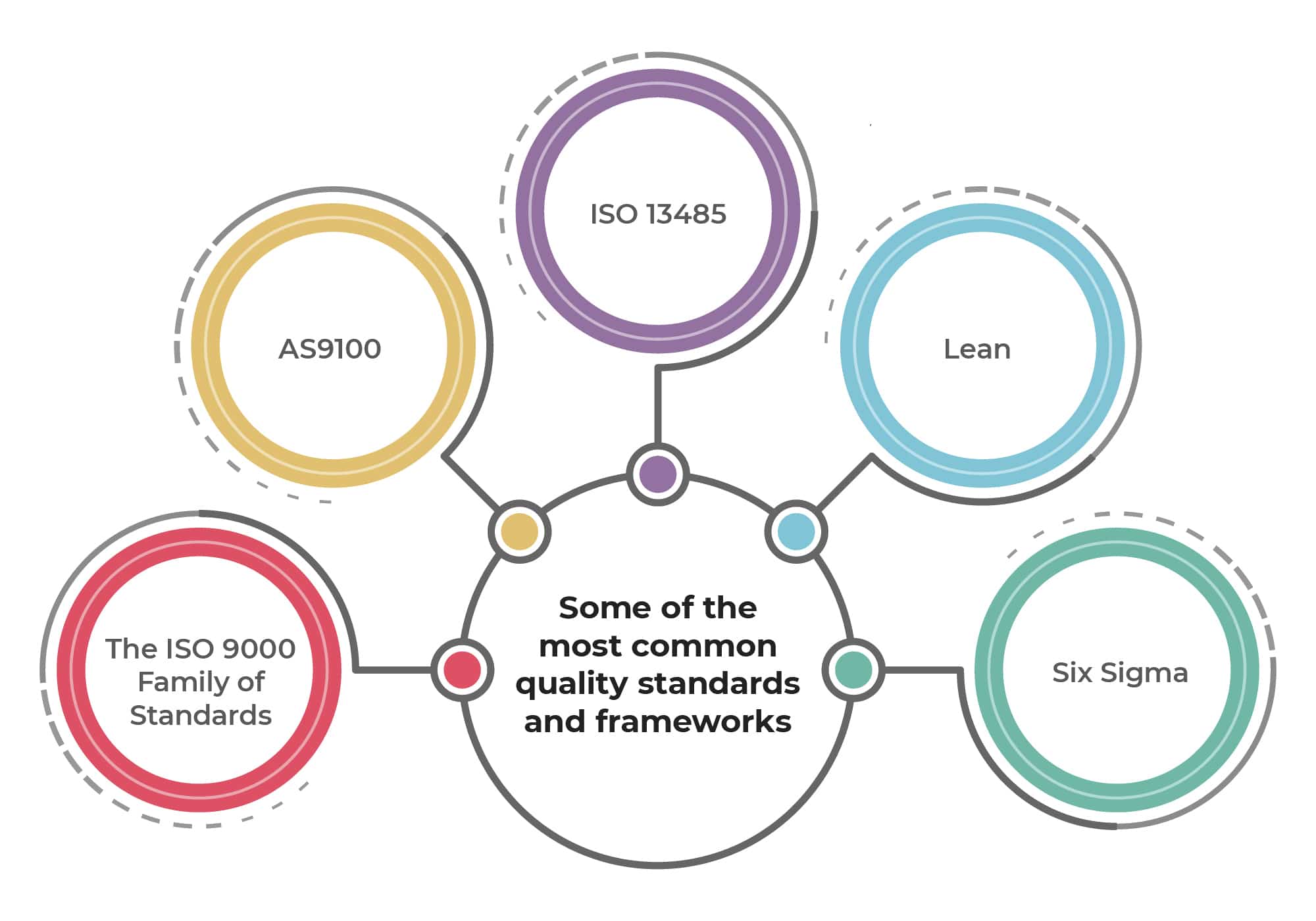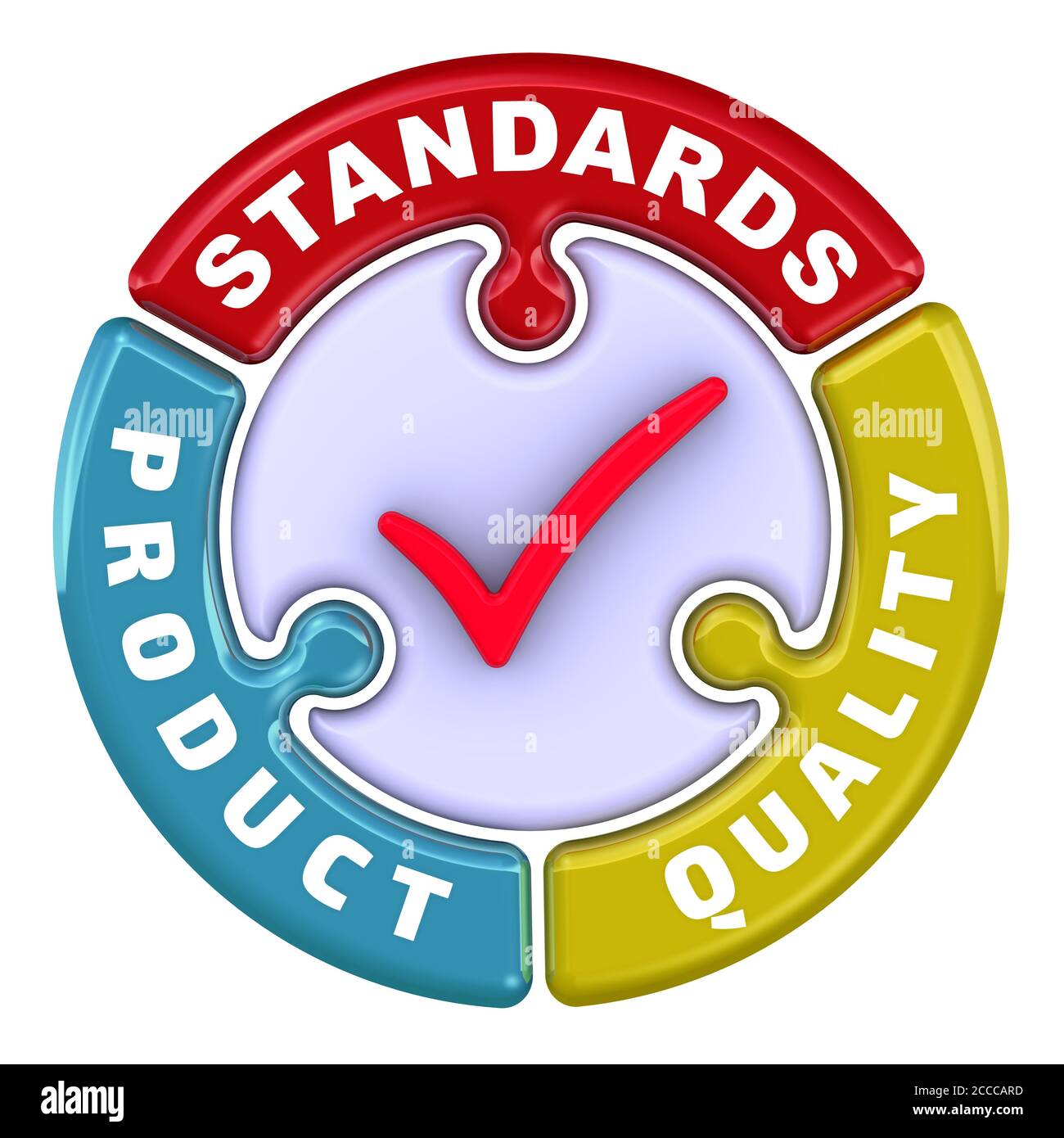Quality Standard EFT: Your Ultimate Guide To Elevating Transaction Excellence
When it comes to EFT (Electronic Funds Transfer), quality standards are the backbone of smooth, secure, and efficient transactions. Whether you're a business owner, a tech enthusiast, or simply someone who relies on digital payments, understanding quality standard EFT is crucial. In today's fast-paced world, where money moves at the speed of light, ensuring that your transactions meet top-notch quality criteria can make all the difference.
Let's face it, folks. The digital payment landscape has grown exponentially over the years, and with that growth comes the need for stricter regulations and better quality assurance. Imagine a world where your money doesn't land in the right account or gets delayed due to poor EFT practices. Sounds frustrating, right? That's why quality standards play such a vital role in keeping everything running smoothly.
Now, buckle up because we're diving deep into the world of quality standard EFT. In this article, you'll uncover everything you need to know, from the basics to advanced strategies. We'll explore how these standards impact businesses and consumers alike, plus we'll share expert tips to help you stay ahead of the curve. So, whether you're here to learn or ready to implement, you're in the right place.
- Maximizing Your Fidelity Retirement Account A Comprehensive Guide For A Secure Future
- Acotar Show Cast The Ultimate Guide To Your Favorite Characters And Stars
Table of Contents
- What is EFT and Why Does It Matter?
- Understanding Quality Standards in EFT
- Key Components of Quality Standard EFT
- Why Quality Standards in EFT Are Crucial
- Regulations Governing EFT Transactions
- How to Implement Quality Standards in EFT
- Common Issues in EFT and How Standards Address Them
- Benefits of Adhering to Quality Standard EFT
- Future Trends in Quality Standard EFT
- Wrapping It Up: Your Next Steps
What is EFT and Why Does It Matter?
EFT, or Electronic Funds Transfer, is basically the digital movement of money from one account to another. Think of it as the invisible hand that transfers your paycheck into your bank account or sends money to your buddy across the globe. It's a big deal because it's the backbone of modern finance. Without EFT, we'd still be stuck in the dark ages of paper checks and cash-only transactions.
Here's the thing, though. EFT isn't just about convenience. It's about speed, security, and accuracy. Imagine sending money to a supplier in another country and having it land in the wrong account. Or worse, getting hacked because the system wasn't up to par. That's where quality standard EFT comes into play. By setting clear guidelines and protocols, we ensure that every transaction is as safe and efficient as possible.
How EFT Revolutionized Payments
EFT has completely transformed the way we handle money. Back in the day, if you wanted to pay someone, you had to physically hand over cash or write a check. Now, with just a few clicks, you can transfer funds instantly. But with great power comes great responsibility. That's why quality standards are so important. They ensure that every EFT transaction is reliable, transparent, and protected against fraud.
- Unveiling Verza Your Ultimate Guide To A Thriving Digital Marketplace
- Aela The Huntress Unleashing The Savage Warrior Within
Understanding Quality Standards in EFT
Quality standards in EFT are like the rules of the road. They're designed to keep everything running smoothly and safely. These standards cover everything from data encryption to transaction verification, making sure that your money is in good hands from start to finish. But what exactly do these standards entail?
Well, for starters, they include protocols for secure data transmission, authentication processes, and error detection mechanisms. Think of them as the digital bouncers at a club, making sure only the right people get in and everything stays under control. By adhering to these standards, businesses can build trust with their customers and avoid costly mistakes.
Variations of Quality Standards
There are different types of quality standards depending on the region and industry. For example, some countries have specific regulations for cross-border transactions, while others focus on domestic transfers. Additionally, certain industries, like healthcare or finance, may have stricter requirements due to the sensitive nature of their data. It's important to understand which standards apply to your situation to ensure compliance.
Key Components of Quality Standard EFT
Now let's break down the key components of quality standard EFT. These are the building blocks that make the whole system work. First up, we have data encryption. This is the process of converting sensitive information into a code to prevent unauthorized access. Think of it like a secret language that only the sender and receiver can understand.
Next, we have authentication. This is the process of verifying the identity of the parties involved in the transaction. It's like showing your ID at a bar to prove you're old enough to drink. Without proper authentication, anyone could impersonate you and access your funds.
Finally, we have error detection and correction. This involves identifying and fixing mistakes in the transaction process. It's like having a spell checker for your emails. If something goes wrong, the system can catch it and fix it before it causes any real damage.
Why These Components Matter
Each of these components plays a critical role in ensuring the integrity of EFT transactions. Data encryption protects your information from hackers, authentication ensures that only authorized parties can access your funds, and error detection prevents costly mistakes. Together, they create a robust framework that keeps your money safe and secure.
Why Quality Standards in EFT Are Crucial
So, why are quality standards in EFT so important? Well, for starters, they protect both businesses and consumers. By following these standards, companies can avoid costly legal issues and maintain a good reputation. At the same time, consumers can feel confident that their money is safe and their personal information is protected.
Moreover, quality standards help prevent fraud and cybercrime. With the rise of digital payments, criminals have become more sophisticated in their methods. By adhering to strict quality standards, businesses can stay one step ahead of these threats and keep their customers' money safe.
Real-Life Examples
Take, for instance, the Target data breach back in 2013. Hackers managed to steal millions of customers' credit card information due to inadequate security measures. This incident not only cost Target billions in damages but also damaged their reputation. Had they followed proper quality standards, this disaster could have been avoided.
Regulations Governing EFT Transactions
Now, let's talk about the regulations that govern EFT transactions. Different countries have different laws and regulations when it comes to digital payments. In the United States, for example, the Electronic Fund Transfer Act (EFTA) sets the rules for EFT transactions. It covers everything from error resolution to fee disclosures.
Similarly, the European Union has its own set of regulations, known as the Payment Services Directive (PSD2). This directive aims to improve the security and transparency of electronic payments within the EU. By understanding these regulations, businesses can ensure compliance and avoid potential legal issues.
Key Regulations to Know
- Electronic Fund Transfer Act (EFTA)
- Payment Services Directive (PSD2)
- Data Protection Act
- General Data Protection Regulation (GDPR)
How to Implement Quality Standards in EFT
Implementing quality standards in EFT might sound intimidating, but it doesn't have to be. Here are a few steps you can take to ensure your EFT processes are up to par:
First, conduct a thorough risk assessment. Identify potential vulnerabilities in your system and prioritize them based on severity. Next, implement robust security measures, such as encryption and multi-factor authentication. Finally, regularly review and update your processes to stay ahead of emerging threats.
Tips for Success
- Train your employees on best practices for EFT security.
- Use trusted third-party providers for EFT services.
- Stay informed about the latest regulations and industry trends.
Common Issues in EFT and How Standards Address Them
Despite the best efforts of businesses, issues in EFT transactions can still arise. Common problems include transaction delays, unauthorized access, and data breaches. Fortunately, quality standards are designed to address these issues and minimize their impact.
For example, by implementing strong authentication protocols, businesses can reduce the risk of unauthorized access. Similarly, by using advanced encryption techniques, they can protect sensitive data from cybercriminals. And by having robust error detection systems in place, they can quickly identify and resolve any issues that arise.
Case Studies
Let's look at a couple of case studies to see how quality standards have helped businesses overcome EFT challenges. Company A implemented multi-factor authentication and saw a 50% reduction in fraud attempts. Meanwhile, Company B upgraded their encryption protocols and successfully prevented a potential data breach.
Benefits of Adhering to Quality Standard EFT
So, what are the benefits of adhering to quality standard EFT? First and foremost, it builds trust with your customers. When people know that their money and personal information are safe, they're more likely to do business with you. Additionally, following these standards can help you avoid costly legal issues and reputational damage.
On top of that, quality standards can improve operational efficiency. By streamlining processes and reducing errors, businesses can save time and money. And let's not forget about the peace of mind that comes with knowing your EFT system is secure and reliable.
Long-Term Advantages
In the long run, adhering to quality standard EFT can give you a competitive edge. As more and more consumers demand secure and efficient payment options, businesses that prioritize quality standards will be better positioned to meet those demands. Plus, with the ever-evolving landscape of digital payments, staying ahead of the curve is essential for long-term success.
Future Trends in Quality Standard EFT
Looking ahead, the future of quality standard EFT is full of exciting possibilities. Emerging technologies like blockchain and artificial intelligence are set to revolutionize the way we handle digital payments. These innovations promise to enhance security, increase efficiency, and improve the overall customer experience.
Additionally, as more countries adopt digital currencies, we can expect to see new regulations and standards emerge. Businesses that stay informed and adapt to these changes will be well-positioned to thrive in the digital economy of the future.
What to Expect
- Increased adoption of blockchain technology for secure transactions.
- Integration of AI for fraud detection and prevention.
- Development of new regulations for digital currencies.
Wrapping It Up: Your Next Steps
In conclusion, quality standard EFT is an essential aspect of modern finance. By understanding and implementing these standards, businesses can protect their customers, improve efficiency, and stay competitive in an ever-changing landscape. So, what are you waiting for? Take the first step today by reviewing your EFT processes and identifying areas for improvement.
And don't forget to share this article with your friends and colleagues. Knowledge is power, and the more people understand the importance of quality standard EFT, the safer and more efficient our digital payment systems will become. Together, we can create a world where every transaction is secure, reliable, and hassle-free. So, let's get to work!
- What Is Mma Fighter Unveiling The World Of Ultimate Warriors
- Christmas Capricorn How The Most Practical Zodiac Sign Celebrates The Festive Season

Quality Standards Examples

How to Make an EFT Payment A StepbyStep Guide Float

Product quality standards. The inscription PRODUCT QUALITY STANDARDS on